Is it possible to get enough protein with a vegetarian diet? This is a highly asked question that seems to carry a lot of misinformation. So, let's take a deep look into this and learn the truth about eating plants and find out how to make high protein vegetarian meals.
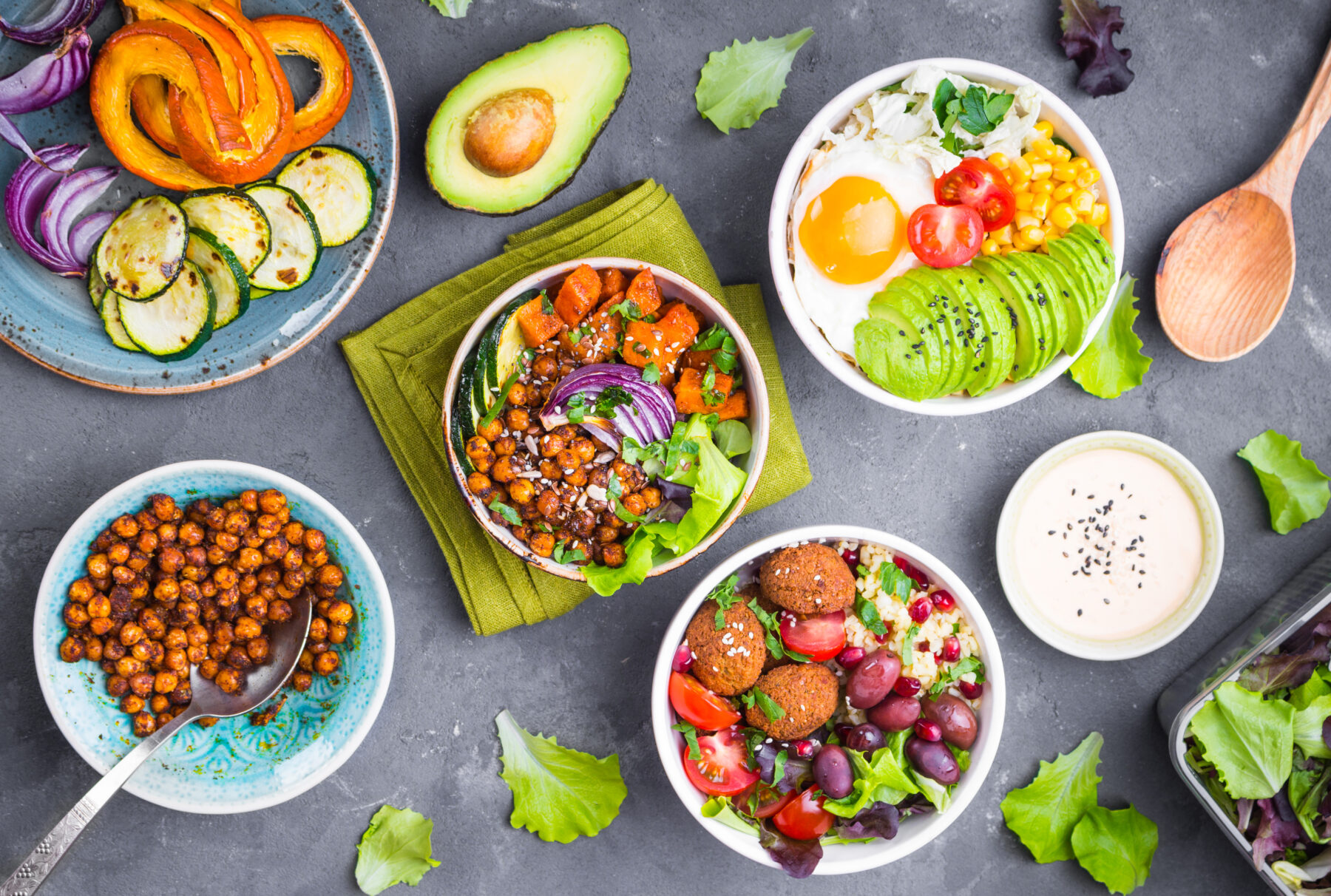
So what does protein do, and why is it important to have in your diet?
To keep it simple, protein is found virtually everywhere throughout your body. It’s a part of your hair, skin, muscle, bone, tissue… It makes the enzymes that power the chemical reactions in your body, and the hemoglobin that carries oxygen to your blood. The real question is what doesn’t protein do?
One thing to take into consideration about protein is where it is coming from. The source (food) that the protein comes from is important!
When you eat food for protein, you also eat everything else that comes with it, such as calories, fiber, fat, sodium, cholesterol, etc. The whole food needs to be considered when choosing your protein source, not just the amount of protein the food contains.
Below is just one example of comparing a food's “package”.
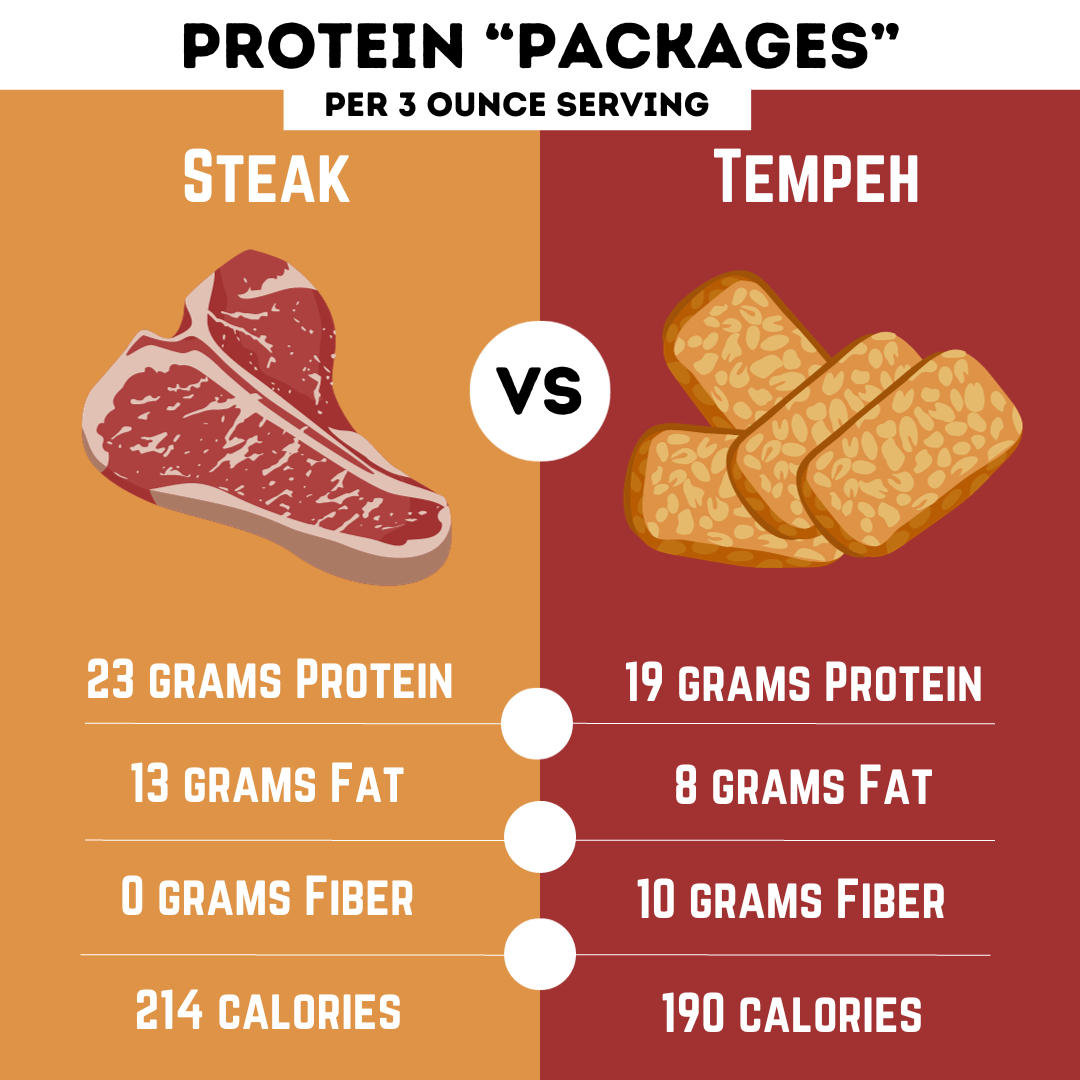
The good news is protein is found in various foods, and most people are easily able to meet their daily protein goals without putting in too much effort!
Fun fact: Not only are these meals high in protein, they are naturally high in fiber, low in saturated fat, and rich with micro-nutrients too!
What is a Vegetarian Diet?
A vegetarian dietary pattern typically refers to the absence of meat. There are variations within the vegetarian diet, which include lacto-vegetarians (includes dairy) and lacto-ovo-vegetarians (includes dairy and eggs).
Vegan diets have further restrictions imposed and exclude all foods of animal origin. All types of vegetarian diets have a high consumption of fruit, vegetables, legumes, nuts, grains and typically soy protein foods.
Below are some high protein vegetarian meals to give you ideas of how to reach your daily protein goal.
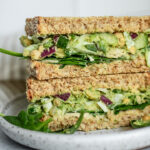

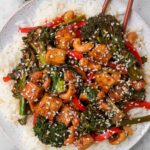
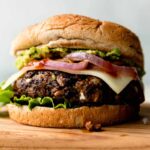
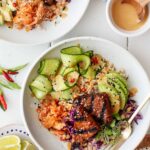
Vegetarian Sources of Protein
All plant foods have protein in them, with some plant foods having a much higher concentration. Throughout this article we will talk about and give specific examples of high protein plant foods within each category of plant foods: fruits, vegetables, whole grains, nuts and seeds.
Besides plant-based foods, other great sources of protein include dairy products, such as milk, Greek yogurt, and cottage cheese!
Vegetables High in Protein
All vegetables contain protein! Here is a list of some common vegetables that contain the highest amounts of protein.

High Protein Fruits
All fruit contains protein! Here is a list of some common fruits that contain the highest amounts of protein.

Grains High in Protein
All grains contain protein! Here is a list of some common grains that contain the highest amounts of protein.
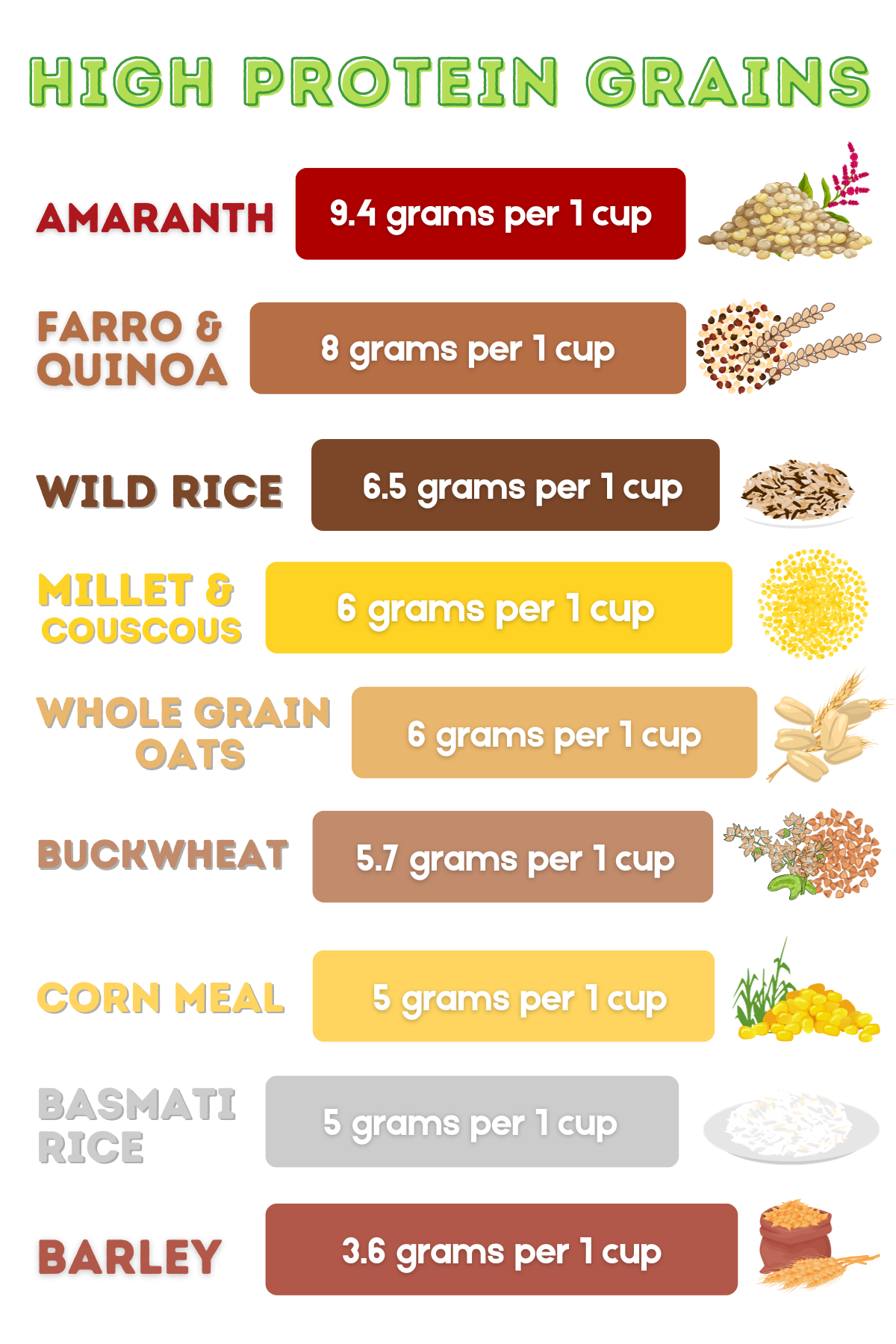
Benefits of a Vegetarian Diet
- More plants = More fiber! Fiber is great for gut health and digestive mobility.
- A plant-forward diet is naturally lower in saturated fat and cholesterol… In fact, plant foods contain zero cholesterol!
- Compared to people who eat meat, vegetarians (and vegans) tend to have a lower risk of obesity, type 2 diabetes, hypertension, and certain cancers.
Possible Deficiencies from a Vegetarian Diet
Poorly planned plant-based diets may lead to certain deficiencies if you’re not eating a well-rounded diet. But, don’t worry, you can get the nutrients your body needs if you prefer a diet without meat. Make sure to focus on eating foods with adequate amounts of:
- Vitamin B12
- Calcium
- Iron
- Zinc
- Vitamin D
- Omega-3 fatty acids
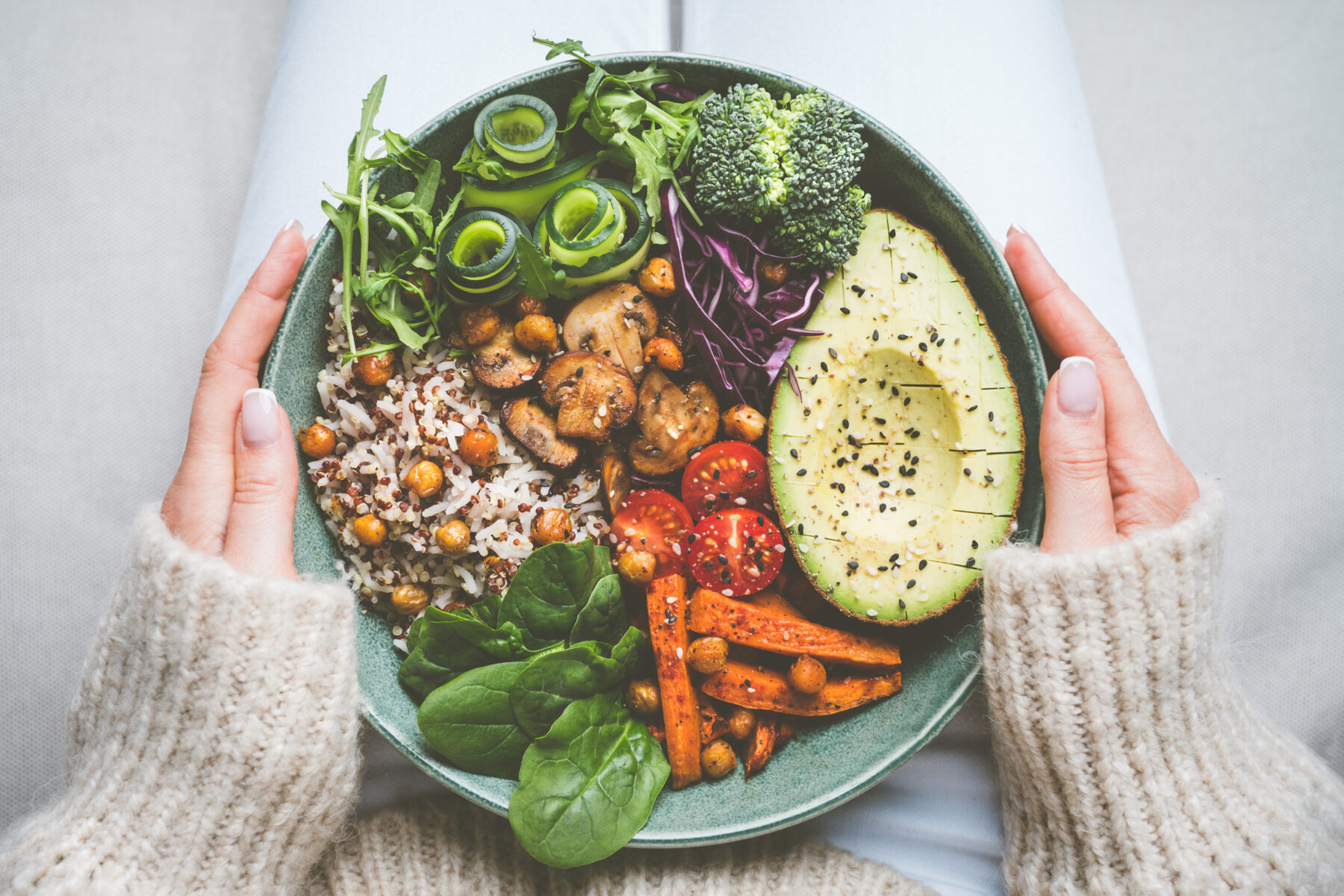
Common Questions:
How much protein do people need daily?
How much protein an individual needs in a day depends on a number of factors such as your weight, age, sex, activity level, and health status. The Recommended Dietary Allowance (RDA) for protein is 0.8 grams of protein per kilogram of body weight per day (g/kg/d), or just over 7 grams of protein for every 20 pounds of body weight.
Remember the RDA is the bare minimum you should be consuming and doesn't not take into consideration if you have increased needs because you're working out, healing from a wound or accident, or have a metabolic disease where your body requires more protein.
What vegetarian food is high in protein?
All plant foods contain protein! If you are eating a well-rounded diet with fruits, vegetables, and whole grains, reaching your protein goal for the day won’t be hard. Try incorporating these high in protein plant-based foods into your diet daily!
- Seeds (Chia, Hemp, etc.) ~50 grams per cup
- Nuts (Peanuts, Almonds, etc.) ~36 grams per 1 cup
- Soy (Tofu, Tempeh, Edamame) ~20 grams per cup
- Lentils ~16 grams per 1 cup, cooked
- Beans (Garbanzo, Black, etc.) ~15 grams per cup, cooked
- Whole Grains (Quinoa, Wild Rice, Kamut, etc.) ~9 grams per cup, cooked
How can a vegetarian get 30 grams of protein in a meal?
One serving of tofu stir-fry can provide around 30 grams of protein. To make the stir-fry, sauté some of your favorite vegetables in a large pan (I like to do broccoli, bell peppers, onion, and garlic). Add your cubed tofu and your favorite sauce (for extra protein do peanut or cashew sauce). Serve with brown rice or another whole grain for a complete meal!
How to make vegetarian food filling?
A common misconception is that vegetarians only eat salads. While salads are delicious and very beneficial to your health, don't solely rely on salads.
You can easily feel full on a vegetarian diet by adding foods such as beans, lentils, whole grains, pasta, potatoes, or corn to your meal. Another thing to consider is how much you are eating.
Most plant-foods are naturally lower in calories, so don’t forget you can eat a lot of plants to achieve the feeling of fullness, and you will still be eating less calories than non-plant sources of food.
How can I get protein without meat?
Not eating meat does not create a problem with meeting your daily protein intake. It is possible to meet all of your protein needs without consuming animal products at all.
In fact, all plant foods have protein in them! Just focus on eating a varied diet that includes all kinds of plant proteins such as beans, legumes, whole grains, nuts, and seeds.
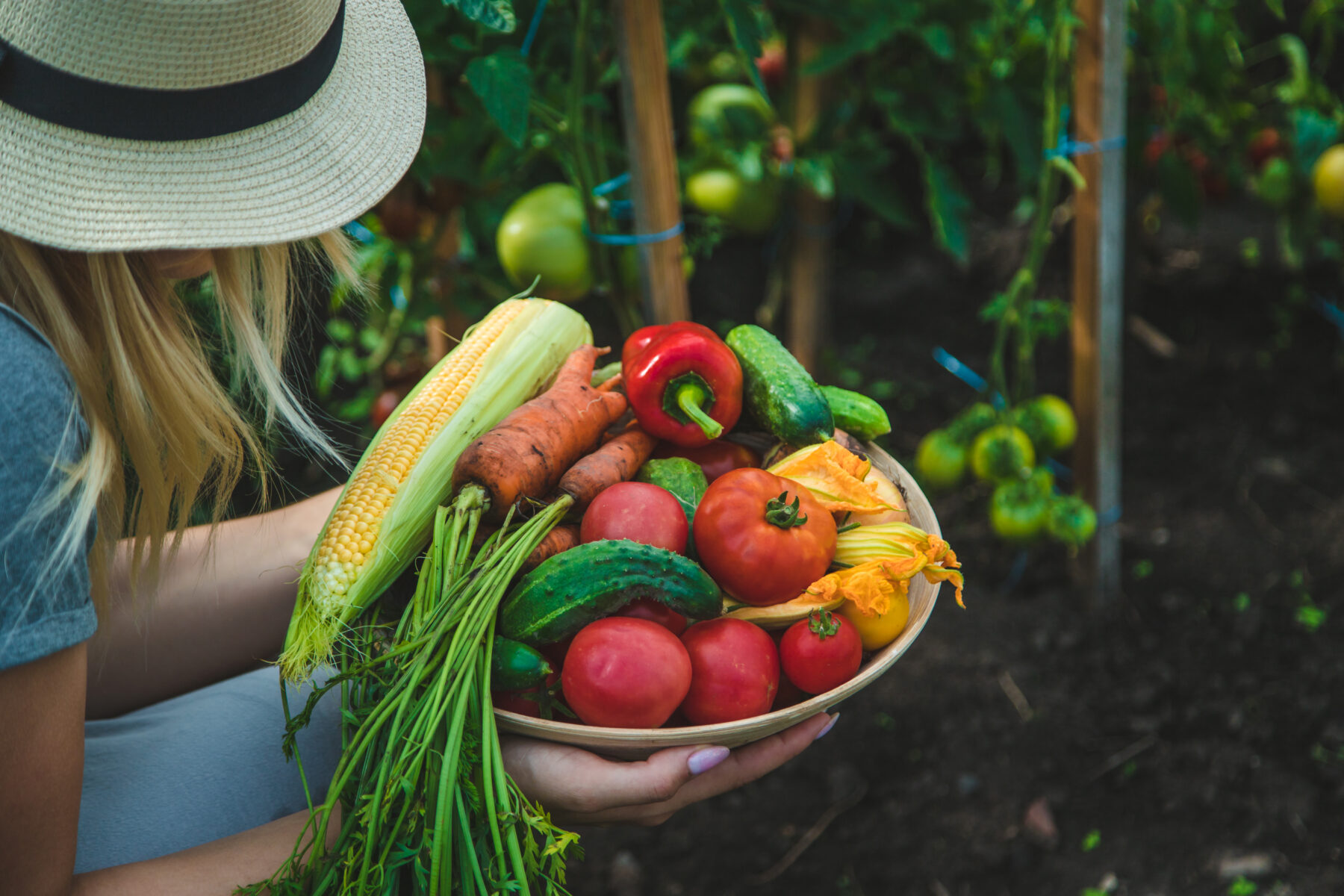
Resources:
- https://www.cambridge.org/core/journals/public-health-nutrition/article/vegetarian-diets-lowmeat-diets-and-health-a-review/CFE7D0A7ADA80651A3DC03892287BABA
- https://web.s.ebscohost.com/ehost/pdfviewer/pdfviewer?vid=5&sid=36fb7867-63cf-4bec-91c9-c2e1df150c0f%40redis
- https://www.hsph.harvard.edu/nutritionsource/what-should-you-eat/protein/



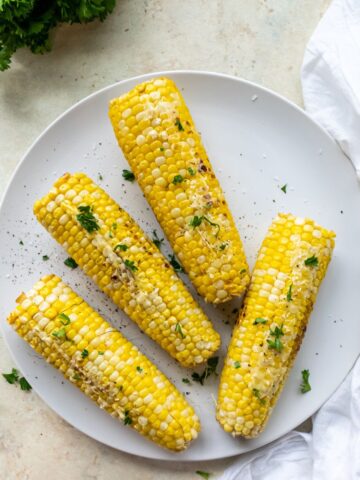
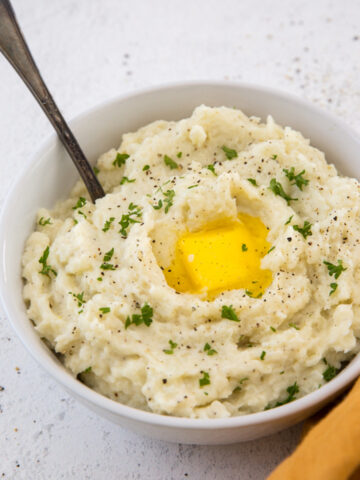
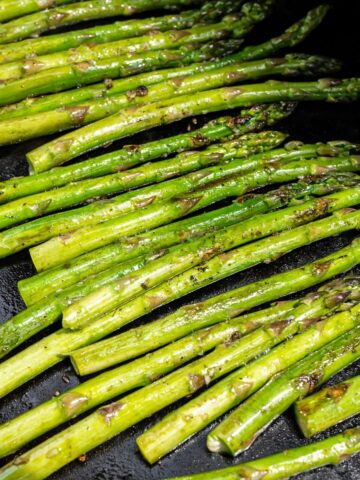
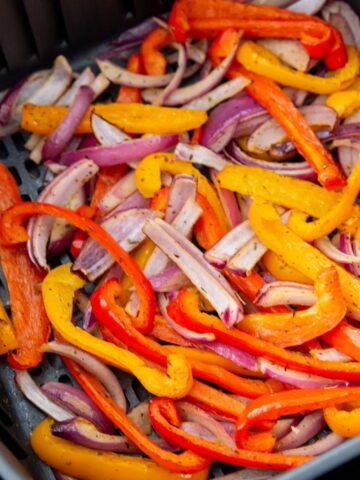
Leave a Reply